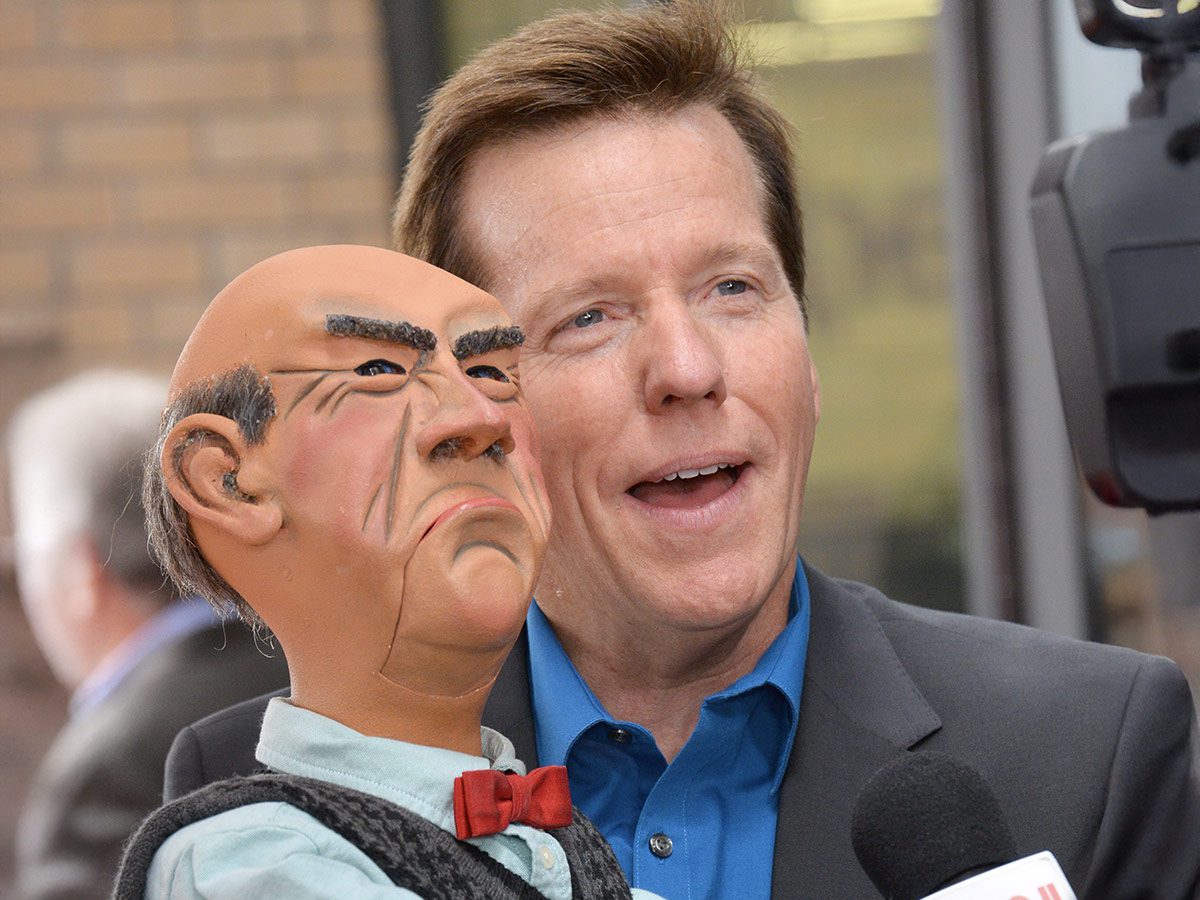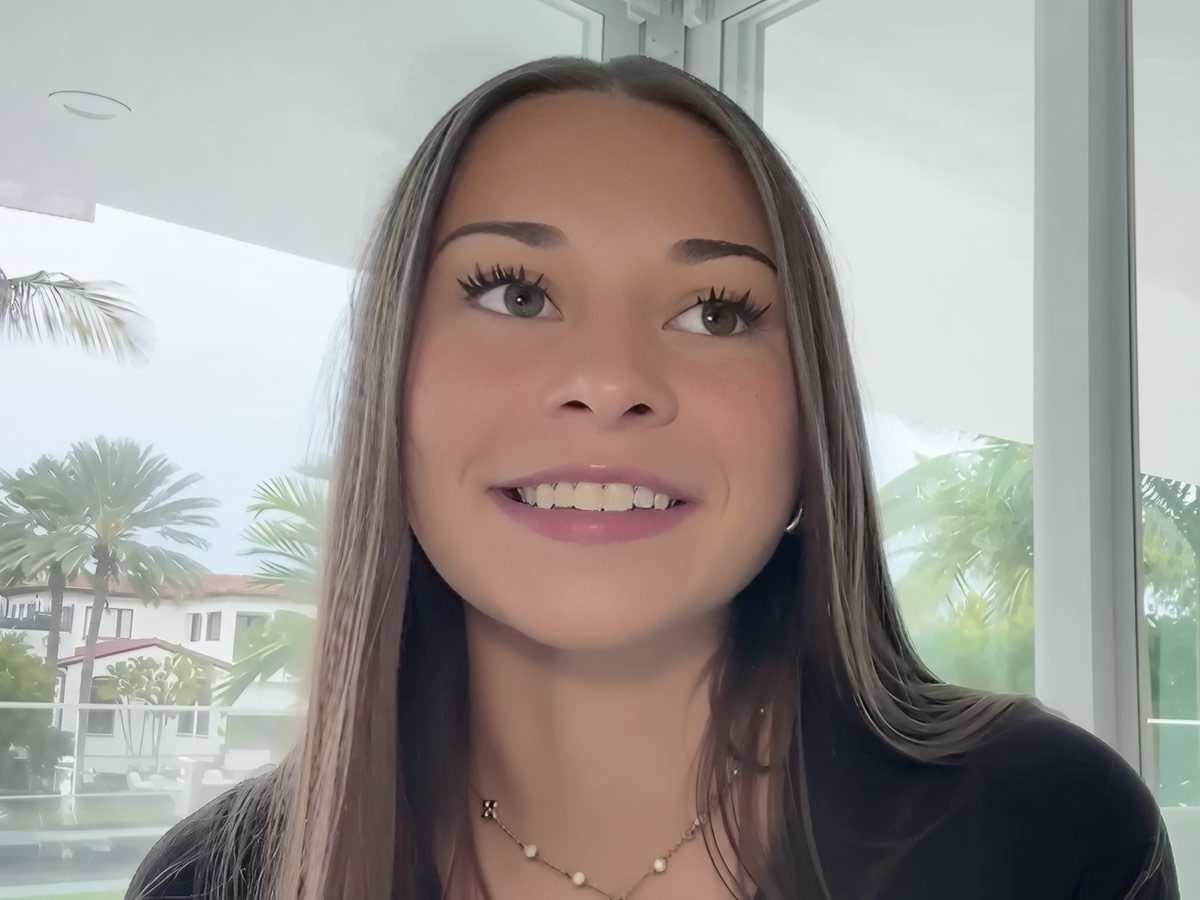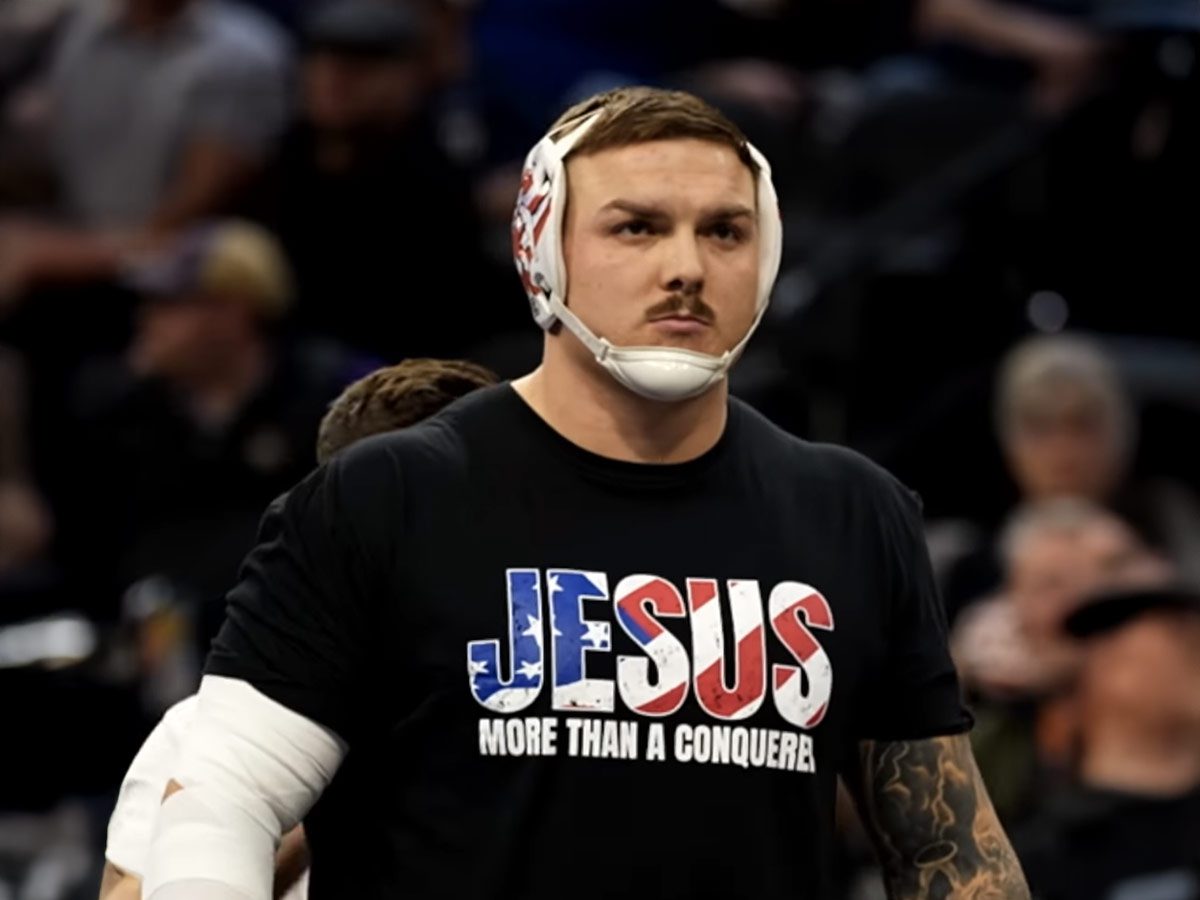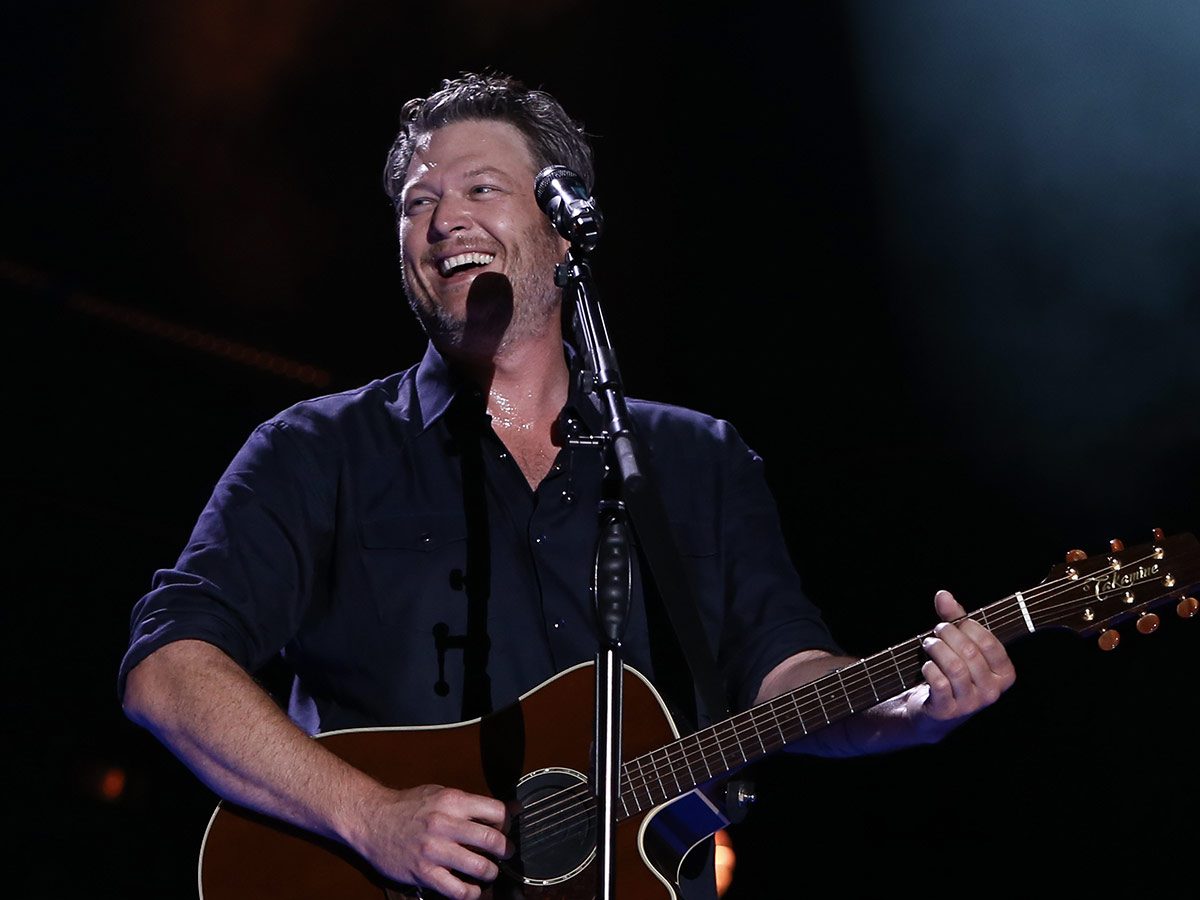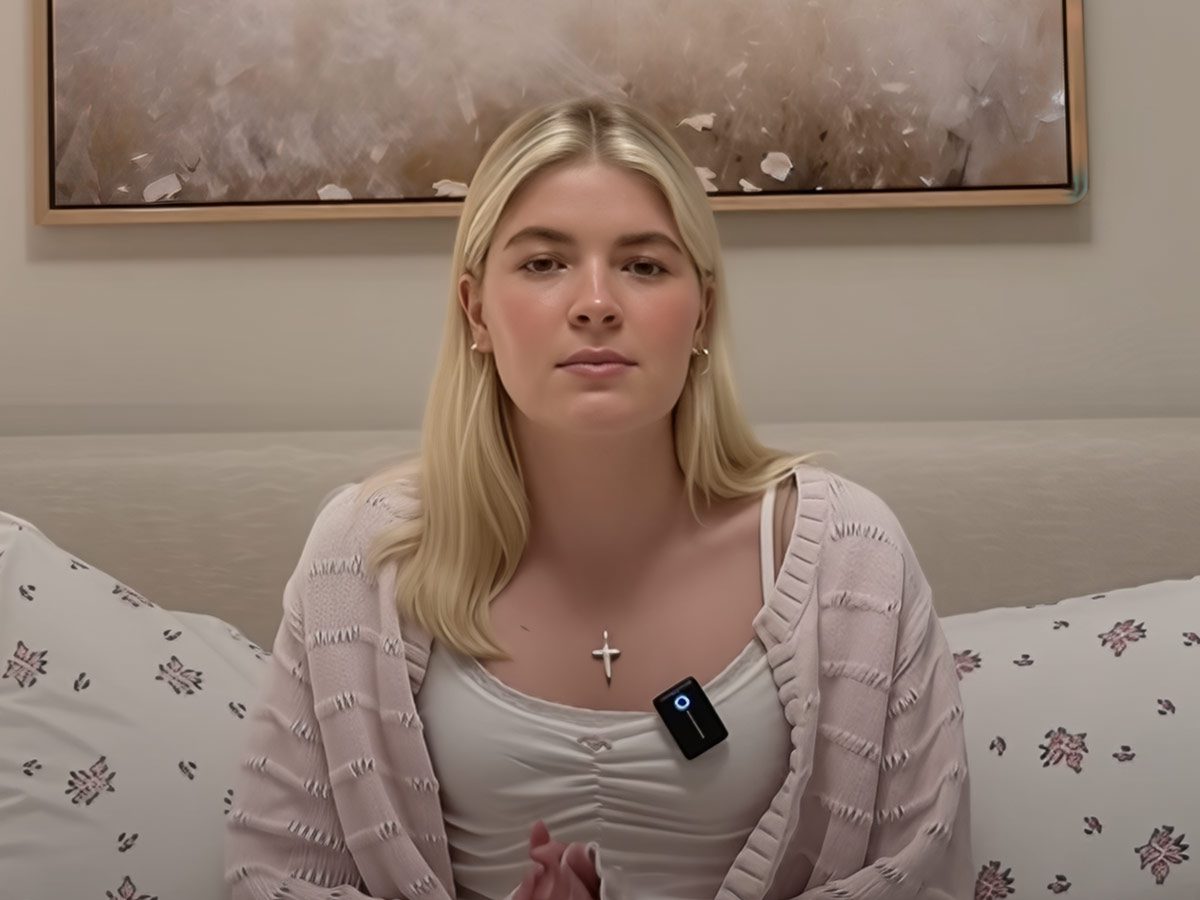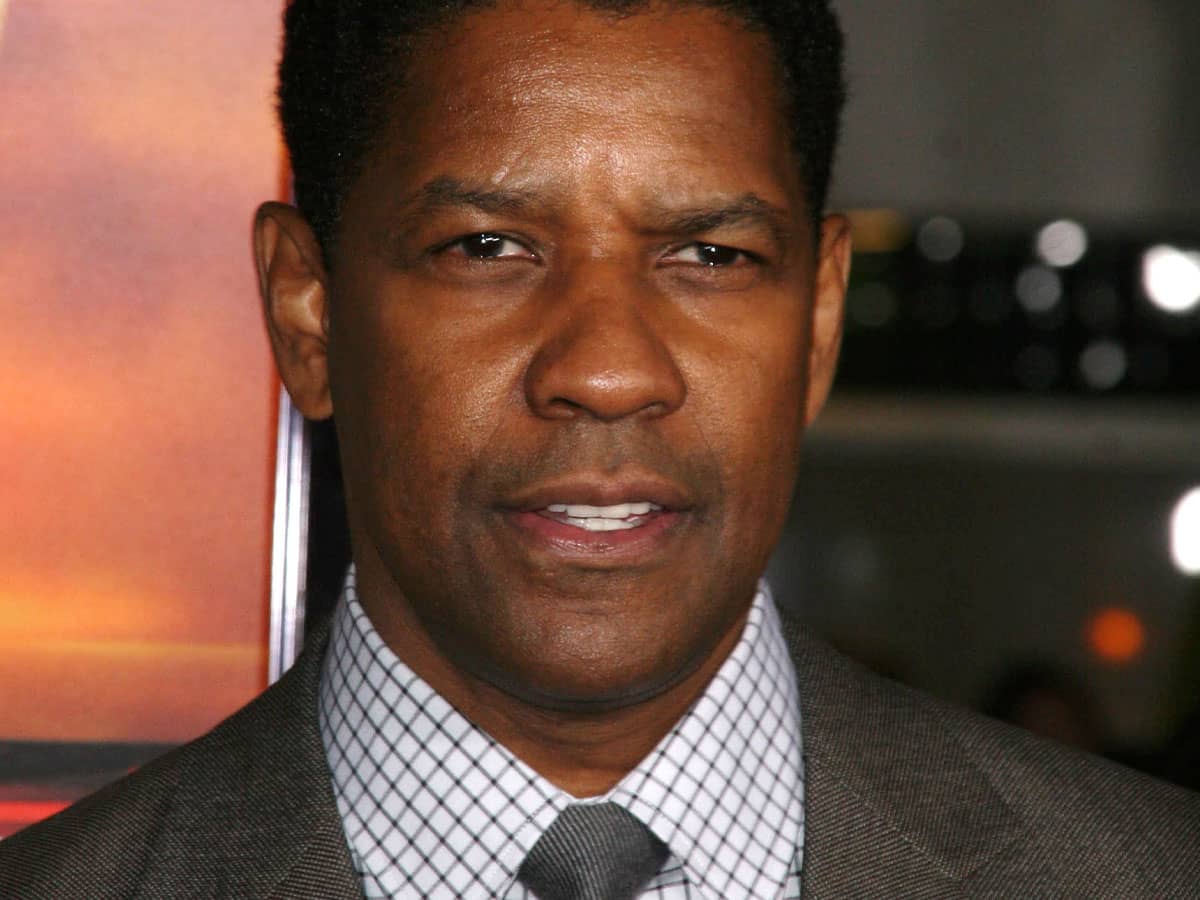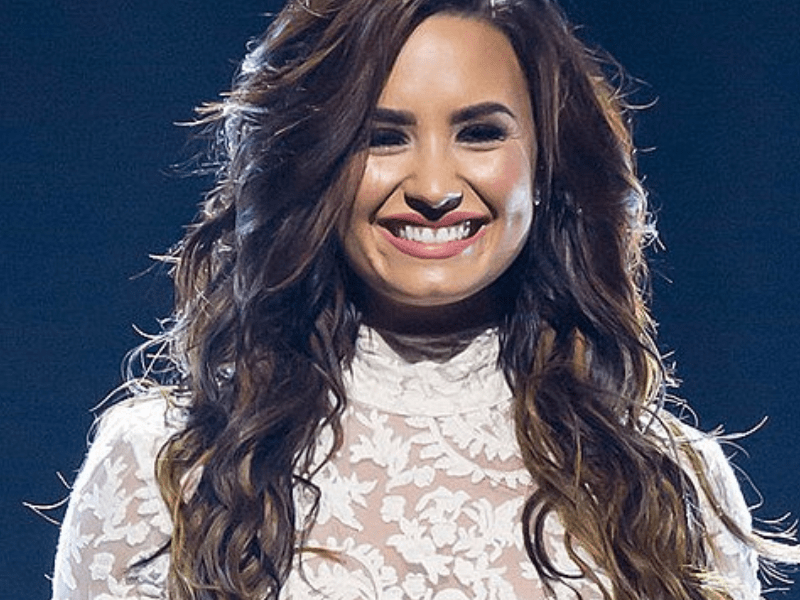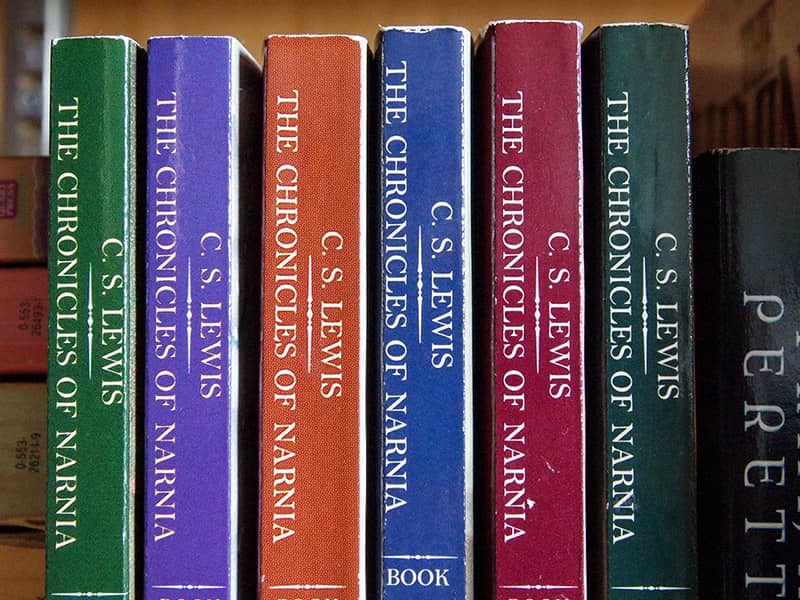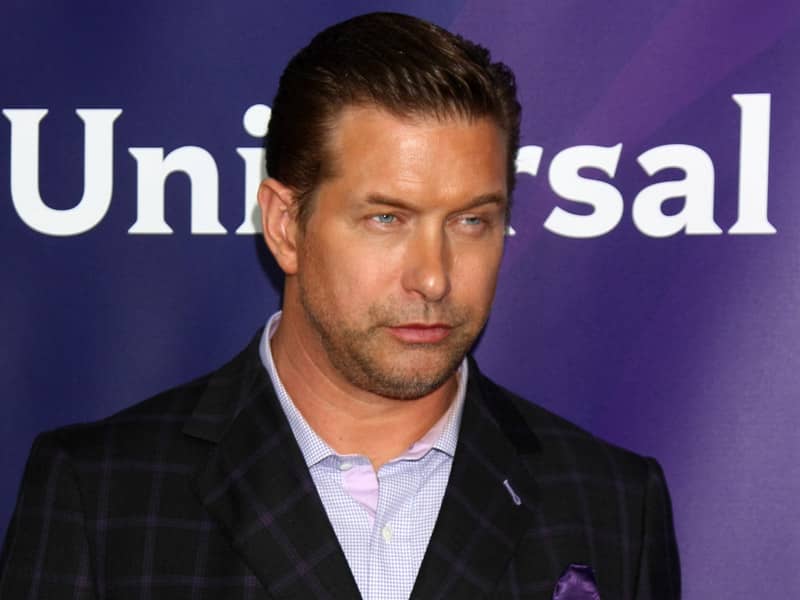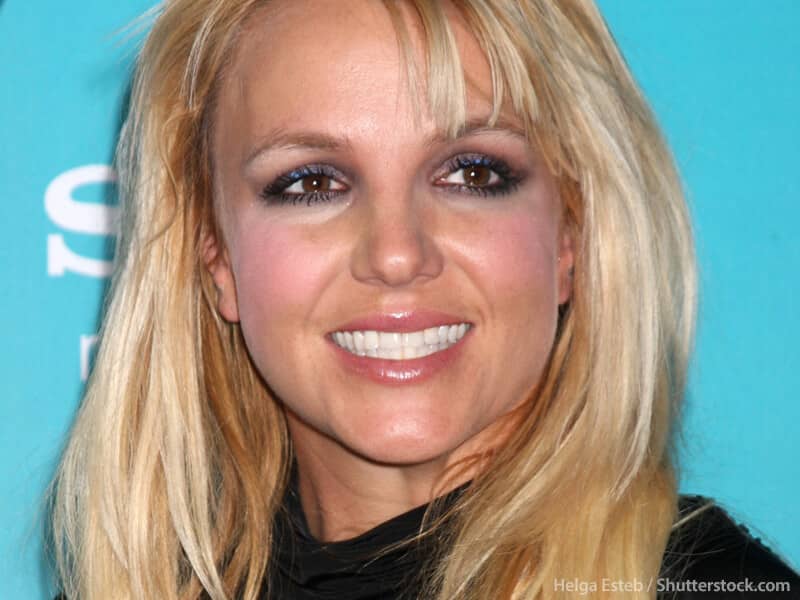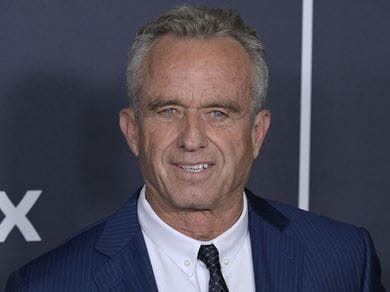
- Faith: Christian - Catholic
- Career: Politician
- Birthday: January 17, 1954
Robert F. Kennedy Jr., commonly referred to as RFK Jr., is a politician and environmental attorney. In 2024, he was named the presumptive nominee for United States Secretary of Health and Human Services in President-elect Donald Trump's second cabinet.
Born on January 17, 1954, in Washington, D.C., Robert Francis Kennedy Jr. is the third of eleven children born to Robert F. Kennedy, the former U.S. Attorney General and senator, and Ethel Skakel Kennedy. Raised in a politically influential family, he grew up amidst the legacy of his uncle, President John F. Kennedy, and his father’s own political ambitions and tragic assassination in 1968.
The Kennedy household was steeped in public service and Catholic faith, values that profoundly shaped Robert Jr.’s outlook. His early years were marked by tragedy and resilience. The death of his father when he was only 14 years old had a lasting impact on his life, fostering a deep sense of responsibility to carry forward the Kennedy legacy.
Robert Jr. attended the prestigious St. Paul’s School in Concord, New Hampshire, and later graduated from Harvard College in 1976. He pursued legal studies at the University of Virginia School of Law and obtained a master’s degree in environmental law from Pace University, solidifying his commitment to advocacy and public service.
Robert F. Kennedy Jr.’s professional life has been defined by his advocacy for environmental protection and social justice. He served as an assistant district attorney in Manhattan before dedicating himself to environmental law. As the chief prosecuting attorney for Riverkeeper, an organization dedicated to defending the Hudson River and its tributaries, Kennedy gained national attention for his efforts to combat pollution.
He co-founded the Waterkeeper Alliance in 1999, a global network focused on protecting waterways and ensuring clean drinking water for communities. Under his leadership, the organization grew to include over 300 Waterkeeper groups worldwide.
Kennedy also became a prominent author and speaker, addressing environmental issues and the intersection of public health and corporate accountability. His work has earned him numerous accolades, including recognition from environmental and public health organizations.
In the 2000s, Kennedy became an outspoken critic of certain public health policies, particularly regarding vaccines. His controversial views on vaccine safety drew criticism from medical professionals and public health experts but also garnered a following among individuals concerned about medical freedom and government transparency. These positions would later influence his political platform.
In 2024, Robert F. Kennedy Jr. launched an independent campaign for the presidency, positioning himself as a unifying candidate outside the traditional two-party system. His campaign emphasized themes of governmental accountability, environmental sustainability, and personal freedoms. While his vaccine skepticism remained a polarizing issue, his broader platform resonated with a segment of the electorate frustrated with conventional politics. Kennedy’s campaign gained traction, particularly among independent voters and those seeking an alternative to the Democratic and Republican nominees. However; he lost the nomination to Donald Trump whom he later endorsed.
Following Donald Trump’s election to the presidency in 2024, Kennedy was appointed as Secretary of Health and Human Services (HHS). This appointment marked a notable moment in American politics, as it symbolized a bipartisan effort to address complex health and environmental issues.
As HHS Secretary, Kennedy pledged to bring transparency and reform to the nation’s healthcare system. He focused on addressing health disparities, promoting environmental health initiatives, and restoring public trust in federal health agencies. His tenure was marked by efforts to balance scientific rigor with the concerns of marginalized communities, aiming to create a more inclusive and equitable healthcare system.
Robert F. Kennedy Jr. has been married three times and has six children. His first marriage to Emily Ruth Black in 1982 ended in divorce in 1994. The couple had two children, Robert Francis Kennedy III and Kathleen Alexandra Kennedy.
In 1994, Kennedy married Mary Richardson, with whom he had four children: Conor, Kyra, Finn, and Aidan. Tragically, Mary Richardson Kennedy died in 2012, an event that deeply affected Robert and his family.
In 2014, Kennedy married actress Cheryl Hines, known for her role in the television series “Curb Your Enthusiasm.” The couple has been active in philanthropic efforts and environmental advocacy, often appearing together at public events.
Robert F. Kennedy's Religious Beliefs
Raised in a devout Catholic family, Robert F. Kennedy Jr.’s faith has remained an integral part of his life. The Kennedys’ Catholicism has historically been a cornerstone of their identity, influencing their values and approach to public service. While Kennedy has at times expressed views that diverge from traditional Catholic doctrine, particularly on issues like environmental stewardship and social justice, he has remained committed to the core principles of his faith.
Appearing on “Socrates in the City” with host Eric Metaxas, RFK, Jr. in 2024, he denied a claim by Metaxas that he had once been an atheist. “I was never an atheist ever. I was raised in a deeply religious family, and I integrated that,” he said. Kennedy was raised Catholic like his famous uncle, former president John F. Kennedy Jr. and his father, former Attorney General Robert F. Kennedy, Sr.
After his father was famously assassinated in 1968 during his presidential bid, RFK, Jr. became addicted to heroin at 15. The addiction deteriorated any sense of faith or self-control he had. “To me, most of the demoralizing feature of addiction was my incapacity to keep contracts with myself. I would tell myself at 9 o’clock in the morning, I’m never going to do that again, and at 4 o’clock, I’d be doing it,” he told Metaxas.
In order to beat his addiction, he decided he would force himself to act like he believed in God after reading a work by Carl Jung that noted religious people are able to overcome addiction more ably than others. He decided to take Jung’s advice and “fake it till you make it.” So, he began to live his life as if he believed. “In other words, if you start doing what you’re supposed to do, then you will then see an evidence, a tangible, undeniable evidence of God’s presence in life. And so I started doing that. I just said, ‘Oh, that’s what I’m going to do.’ And I started pretending that, you know, … that God was there watching the whole time, everything I did in life was a test.” When asked if he was still pretending he believes that God exists, he said no, implying but not explicitly saying his belief is real.
Back to the Celebrity Faith Database
